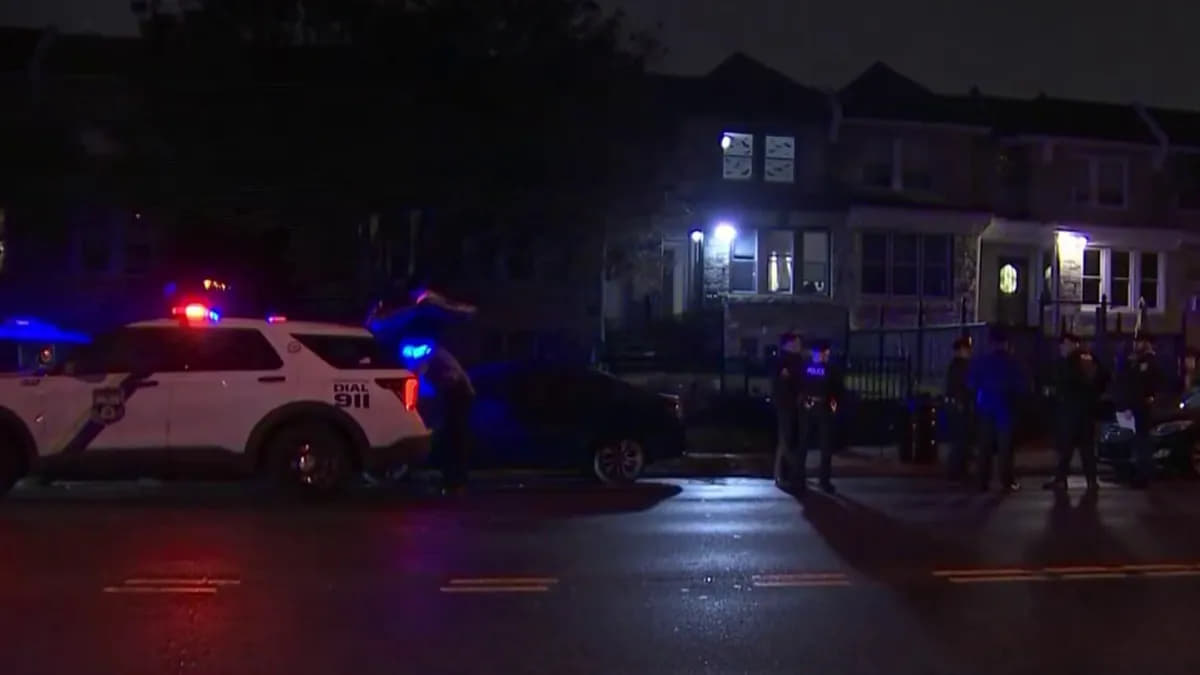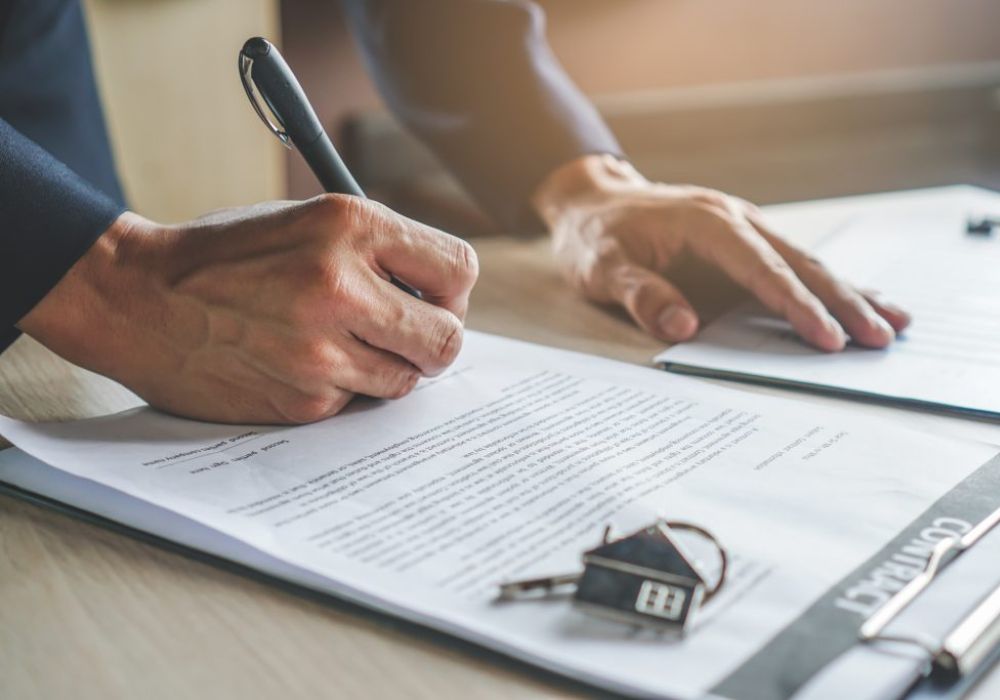If you suspect that your neighbor is recording you without your consent, it's essential to understand your rights and take appropriate action. In this guide, we will explore what you can do if you find yourself in such a situation.
Gather Evidence
If your neighbor is recording you, it is important to gather evidence of such behavior occurring. Keeping a detailed log of dates, times, and other pertinent details when you notice the recording can help strengthen your case. Photographic or video evidence, if legally obtained, can also support your claim. Thorough documentation is key, as it can make addressing the issue through conversation or official channels more impactful.
Confront Your Neighbor

The most direct approach is often the best first step - talking to your neighbor. Have a polite discussion to explain why their recording makes you uncomfortable and ask them to stop. Coming from a place of understanding their perspective can encourage cooperation.
If possible, remain friendly as conflicts can escalate tensions within a community. Your neighbor may simply be unaware their actions encroach on your reasonable privacy expectations.
Related: How To Record Your Upstairs Neighbor Stomping?
Protect Your Privacy
If diplomacy fails, you have options to shield your property from unwanted observation. A professionally installed privacy fence or dense vegetation like tall trees and bushes can help create visual buffers between homes. Temporary solutions like patio umbrellas or adjustable awnings provide coverage for specific areas. While not a permanent fix, these methods allow you to enjoy private outdoor spaces.
File an Official Complaint
Should private discussions not remedy the situation, filing a formal complaint is the next advised course of action. Contact your local municipal offices and submit documentation of the ongoing recording. Your evidence supports establishing whether any privacy violation statutes apply. The authority can investigate and potentially impose fines or legal consequences motivating cessation of prohibited behavior.
Install Your Own Security System
Consider implementing your own home security devices as a deterrent against further intrusion and to safeguard your rights. Outdoor cameras aimed only at entry points on your property document any trespassing. Audio/motion recording features create two-way visibility while respecting others' privacy.
Make it clear unwelcome surveillance of your land will be mutually recorded, encouraging neighborly cooperation through transparency.
Consult Legal Experts
When less drastic options fail, consulting with an attorney specializing in privacy and real estate law can advise the remaining choices available. They evaluate local statutes, assess the strength of evidence collected, and determine whether pursuit of a restraining order or civil lawsuit is reasonable given individual circumstances. While extreme, the law exists to protect homeowners from unwanted intrusions.
File Police Report
As a last resort, submit an official report to local law enforcement if repeated recording constitutes harassment or stalking based on jurisdictional statutes. Officers may choose to pay the neighbor a visit as a warning, depending on the seriousness and consistency of behavior documented. Filing establishes a record in case of escalation requiring a restraining order to defend your rights to enjoyment and safety within private confines.
Conclusion
In summary, while privacy expectations differ in public settings, one has reasonable assumptions of confidentiality within one's own property. If a neighbor violates this, gathering proof and attempting neighborly resolutions should come before serious legal actions. With patience and asserting clear boundaries, most neighborhood issues can find amicable solutions satisfying all involved. But the law also exists to defend homeowners from unreasonable intrusions impacting quality of life when private approaches prove ineffective.





